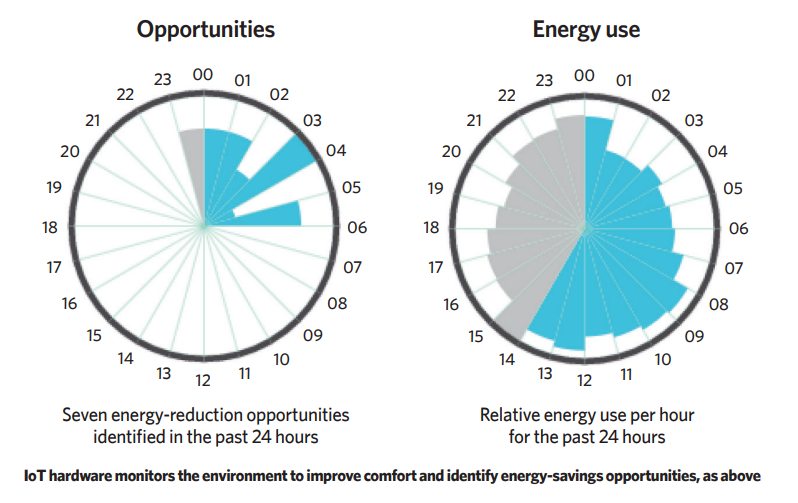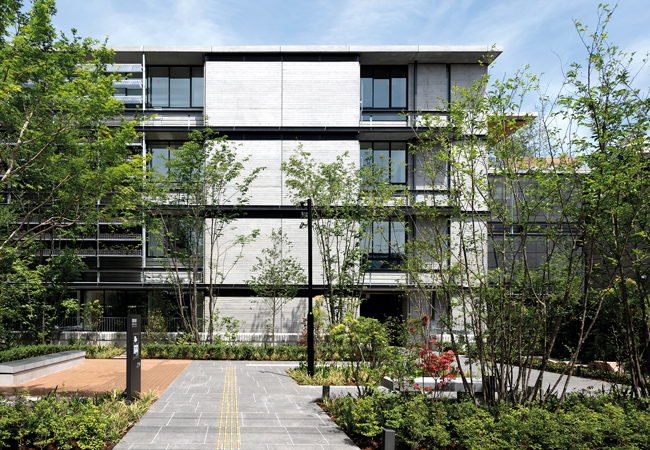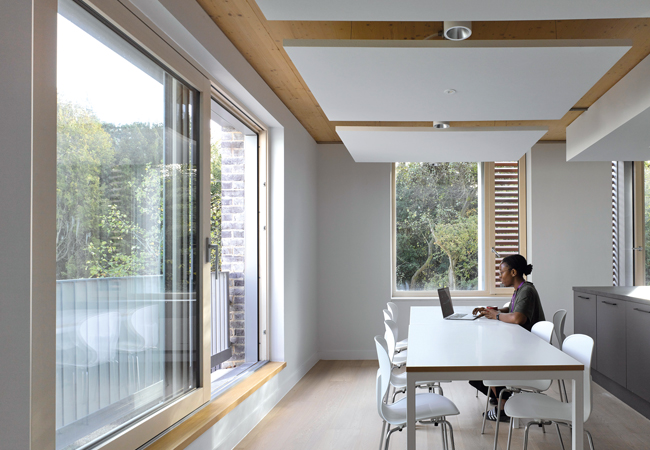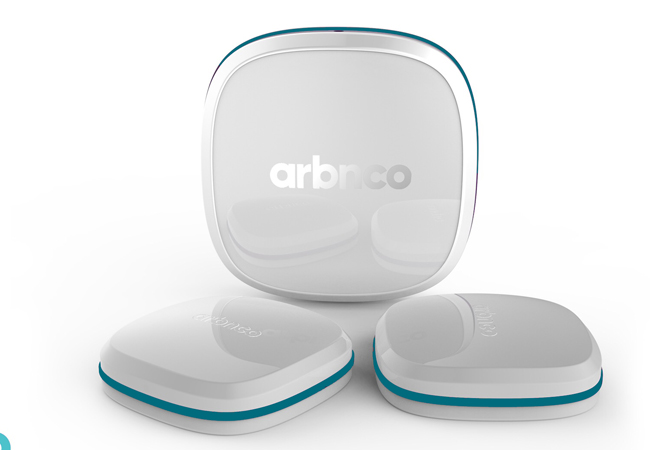
Carbon Intelligence has identified £100,000 of savings per year at Liverpool One’s retail estate
We’re a team of strategists, technologists and engineers who believe in business as the solution to a zero carbon world.’ That’s what Carbon Intelligence declared on its entry to the 2021 CIBSE Building Performance Awards, at which it won the Building Performance Consultancy (51-300 employees) accolade. As such, the business works with organisations to help them achieve their sustainability, energy and carbon-reduction goals.
Over the past decade, Carbon Intelligence has assisted predominantly commercial real estate organisations to understand and optimise their building performance strategies, which, it claims, has helped clients save more than £7m and 17,000 tonnes of CO2e from 2019 to 2020.
Carbon Intelligence’s approach to sustainability is underpinned by its six-dimensions framework, which is recognised by the World Business Council for Sustainable Development. This framework is the lens through which it delivers its services – including those of building performance and optimisation – which, it says, ensures an integrated approach to setting and delivering credible net zero and environmental, social and governance targets. Carbon Intelligence’s approach is to work with businesses ‘as a trusted partner and adviser, integrating our team to become an extension of theirs’.
CIBSE TM22 Energy assessment and reporting methodology is a key document for the firm. Its engineers have extensive training in its use, and the document is employed as a model for energy audits, to better understand building energy use.
Using secure, non-invasive technology, Carbon Intelligence gathers data across its clients’ building portfolios. Its data platform, Adapt, is then used to enable clients – including Aviva, BNP Paribas Real Estate and JLL – to monitor and manage their energy use and air quality, plus a range of performance indicators, across their portfolios.

Adapt is ISO 27001 Information Security Management certified, to ensure the security of assets and all energy-saving data adheres to the International Performance Measurement and Verification Protocol.
It allows data to be collated, verified for accuracy and analysed for insight, diagnostics and reporting. The platform’s machine-learning capabilities also help build performance benchmarks, and can highlight anomalies and potential problems, and alert site teams and engineers to carry out essential fixes. Adapt currently services more than 45,000 buildings in 60 countries.
According to Carbon Intelligence, its approach to building performance ‘has the ability to review against design to bridge the performance gap between operation and design’. It can also be used to create industry benchmarks, so clients can assess performance across multiple assets and against their peers and the industry as a whole.
Smart building technology and Carbon Intelligence’s innovative approach to building management has enabled its clients to respond to the Covid-19 lockdowns, and the subsequent challenge of readying buildings for reoccupation. By remotely monitoring and managing their buildings, some of its clients were able to reduce their energy use by more than 70% during lockdown, with corresponding cost and carbon savings.
The same smart building technology was equally useful in helping businesses to manage a safe and successful reoccupation of the workplace after lockdown, by ensuring offices are running efficiently to minimise Covid-19 transmission and give the workforce confidence to return. Its monitoring dashboard shows CO2, temperature and humidity levels in real time, to provide reassurance (see ‘Safety with numbers: using data to make workplaces Covid-secure’, CIBSE Journal, October 2020).
The smart building technology was useful in helping businesses to manage a safe and successful reoccupation of the workplace after lockdown
Carbon Intelligence contributes to various industry bodies, including the UK Green Building Council (UKGBC) and Advancing Net Zero framework, which, it says, helps ‘define how sustainability should shape the built environment going forward and ensure that net zero remains a core influence over industry decision-making’.
In partnership with UKGBC, the Carbon Intelligence team has contributed to numerous technical guides and committees, including: Advancing net zero building framework; Guide to Scope 3 reporting in commercial real estate; and the Renewable Energy Procurement and Carbon Offsetting Task Group.
More recently, the organisation has published a white paper on Net zero for commercial real estate, setting out its working definition of net zero and how it thinks the industry needs to respond to achieve it.
As an organisation, Carbon Intelligence walks the walk with its main office in London’s Regent Street, a space it has occupied since 2016. For its fit-out, the organisation focused on sustainability and staff wellbeing. Sensors monitor air quality and wellbeing-related data, which is displayed on screens for staff and guests to view. This allows it to proactively manage its working environment, such as set times for air conditioning to coincide with peak temperatures in meeting rooms and alerts for high CO2 levels. More widely, it has sensors that monitor fans and heating elements.
The numerous sensors have been beneficial for office reoccupation during Covid. Data combined with alerts has allowed Carbon Intelligence to identify areas of poor ventilation and potentially poor air quality, and to take action to correct these to minimise virus spread.
Carbon Intelligence was described by the BPA judges as being ‘ahead of its time in its service to clients’.





